Since the beginning of the year, Can Tho Children's Hospital - the final level pediatric hospital in the Mekong Delta region - has received and treated 1,450 inpatient cases of dengue fever, an increase of 100% compared to the same period in 2024. Of which, the number of severe cases doubled, from 64 to 127; the number of outpatient cases also increased by 64%, with 1,659 cases. It is noted that the Dengue Fever Department of Can Tho Children's Hospital is always overloaded.
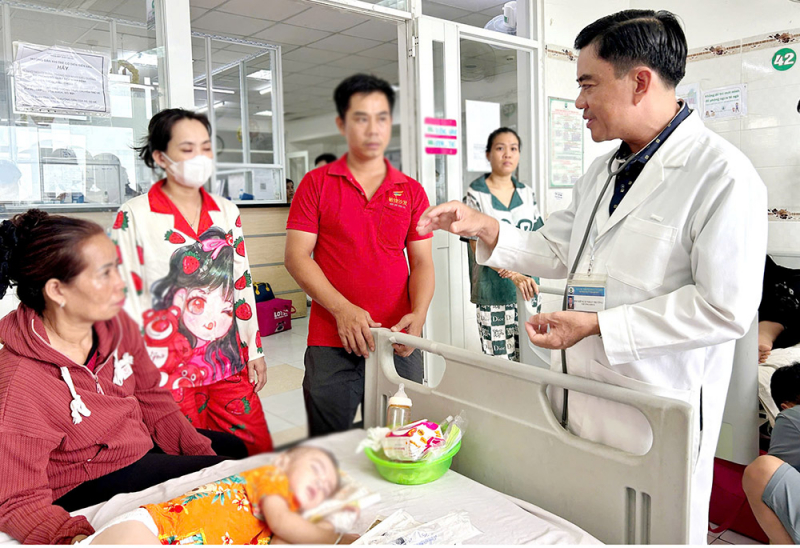
According to Dr. Nguyen Huynh Nhat Truong, Head of the Dengue Fever Department at Can Tho Children's Hospital, from September until now, the number of cases has increased significantly compared to last year and the previous months. In the first days of November alone, the number of dengue fever cases has doubled compared to last month. The number of severe cases has also increased accordingly, mainly concentrated in children from 6 to 16 years old, with some children suffering from liver damage. Notably, there are many cases of children only a few months old also suffering from dengue fever. There are many families with two or three children suffering from the disease.
A family in Thoi Long Ward (Can Tho City) has two sons, 14 and 11 years old, both suffering from severe dengue fever. After three days of high fever that did not subside, both were taken to Can Tho Children's Hospital for emergency treatment. Diagnosis results showed that both had severe dengue fever.
Dr. Nguyen Huynh Nhat Truong advises parents not to be subjective when their children have a fever. On the first day, children with fever can be given fever-reducing medicine, but if the fever does not go down by the second day, they should be taken to a medical facility for testing and diagnosis. Once dengue fever is confirmed, the child should be hospitalized for monitoring and timely treatment to avoid unfortunate situations.
In Can Tho City, from the beginning of the year to the end of October 2025, over 3,470 cases of dengue fever have been recorded. In Dong Thap and Vinh Long provinces, the number of cases has also increased by 80-130% compared to the previous year, many weeks exceeding the epidemic warning threshold.
Assessing the causes of the increase in dengue fever cases in the Mekong Delta, many experts believe that it is due to many factors. Climate change and rapid urbanization have promoted the spread and development of pathogens. In particular, with a hot and humid climate and high rainfall creating stagnant water, the Mekong Delta is an ideal environment for Aedes mosquitoes - vectors of dengue fever to develop year-round. Along with that, the typical living habits of people in the West such as storing water in jars, urns, plastic cans or water containers in the house have unintentionally created conditions for Aedes mosquitoes to have a place to breed right in each household. The combination of natural factors, habits and unfavorable weather developments such as widespread heavy rain has made the Mekong Delta a hotspot for dengue fever.
Dr. Huynh Minh Truc, Director of the Can Tho City Center for Disease Control, said that the number of severe dengue fever cases in 2025 is increasing not only in children but also in adults, showing that the virus is still circulating strongly in the community.
According to Dr. Huynh Thi Kim Yen, Head of the Western Provinces Infectious Diseases Association, former Head of the Department of Infectious Diseases, lecturer at Can Tho University of Medicine and Pharmacy, many people often assume that each person only gets dengue fever once in their life. However, this is not correct, patients can still get dengue fever again after recovering from the disease and reinfection can happen a second, third, or even fourth time in their life.
The reason for this is that the dengue virus has up to 4 different serotypes. At the same time, due to the mechanism of "antibody-dependent enhancement", the second dengue infection has a 9 times higher risk of symptomatic dengue infection and a risk of severe infection up to 23 times higher than the first infection.
Source: https://cand.com.vn/y-te/dich-sot-xuat-huyet-dien-bien-phuc-tap-tai-dong-bang-song-cuu-long-i787977/








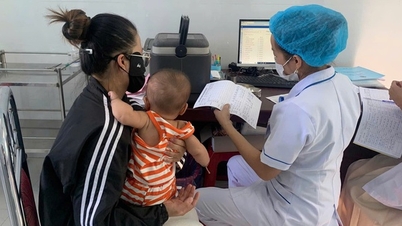





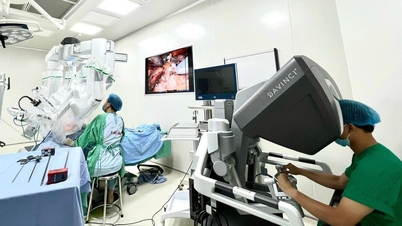








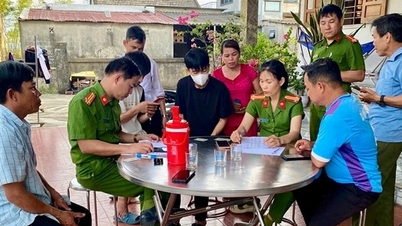



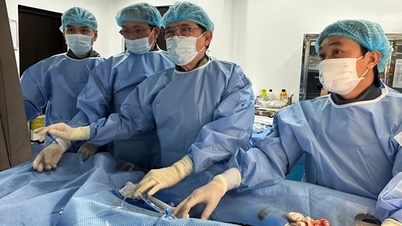












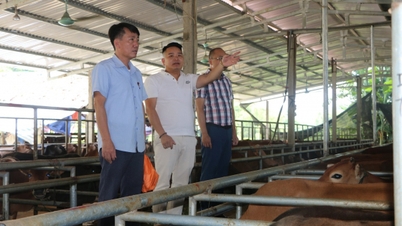



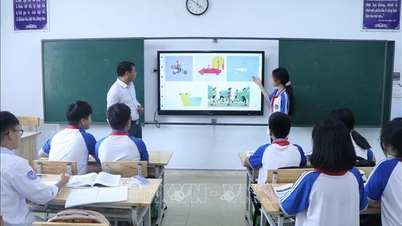

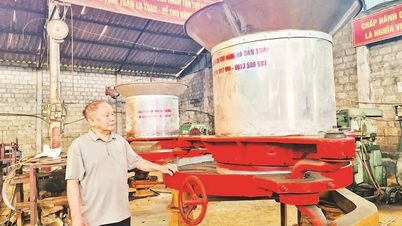









































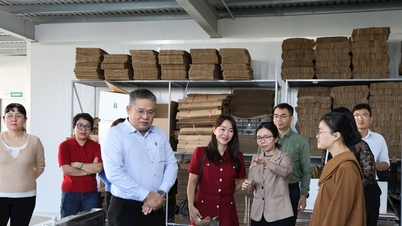

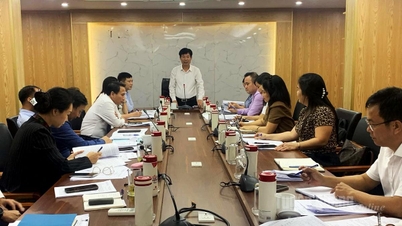













Comment (0)